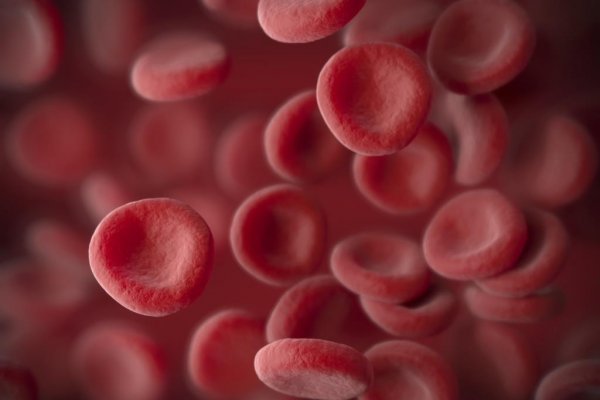The U.S. Food and Drug Administration (FDA) has granted Orphan Drug Designation to Editas Medicine’s EDIT-301, an investigational, gene editing medicine, for the treatment of beta thalassemia.
The FDA previously granted Rare Pediatric Disease designation to EDIT-301 for the treatment of beta thalassemia and sickle cell disease.
“Beta thalassemia is a devastating disease that leads to severe anemia, organ failure, and premature death. Receiving Orphan Drug Designation for EDIT-301 for beta thalassemia highlights the urgent need for new treatment options for patients,” said James C. Mullen, Chairman, President, and Chief Executive Officer, Editas Medicine.
“Preparations to initiate the Phase 1/2 clinical trial of EDIT-301, a potentially transformative medicine for people living with beta thalassemia, are underway, and we look forward to dosing the first patient in the clinical trial this year.”
The FDA’s Orphan Drug Designation program provides orphan status to drugs or biologics intended for the prevention, diagnosis, or treatment of diseases that affect fewer than 200,000 people in the United States. Sponsors of medicines that are granted Orphan Drug Designation are entitled to certain incentives, including tax credits for qualified clinical trials, prescription drug user-fee exemptions, and potential seven-year marketing exclusivity upon FDA approval.
EDIT-301 is currently being investigated in a clinical study in patients with severe sickle cell disease (RUBY trial, NCT04853576). Editas expects to initiate a Phase 1/2 study of EDIT-301 in patients with transfusion-dependent beta thalassemia in 2022.


